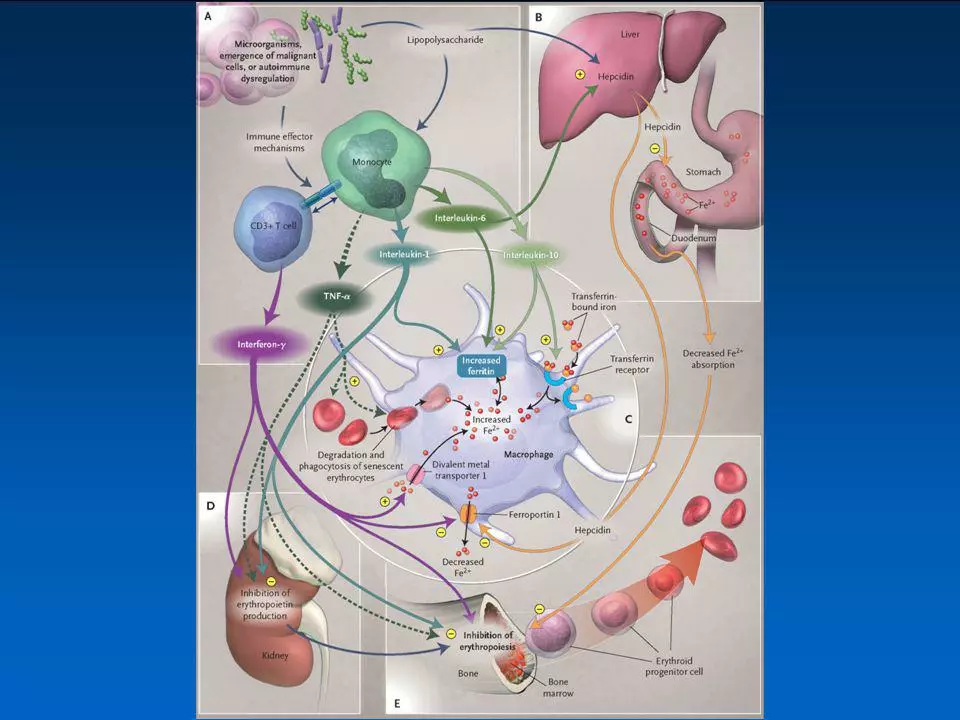Liver disease: what to watch for and what to do now
More people have early liver damage than you might think, often with no dramatic symptoms. The good news: catch it early and simple steps can slow or reverse damage. This page gives clear signs, basic tests, treatment paths, and hands-on tips you can use today.
Common causes and warning signs
Several things put stress on your liver. Too much alcohol, obesity-related fatty liver, chronic hepatitis B or C, some prescription drugs and herbal supplements can all cause damage. Warning signs to never ignore include yellowing of the skin or eyes (jaundice), dark urine, pale stools, persistent belly pain or swelling, unexplained tiredness, and mental fog or confusion — the latter can signal hepatic encephalopathy, a serious complication.
Often liver disease starts quietly. If you have diabetes, high cholesterol, high blood pressure, or drink heavily, ask your clinician for a liver check even if you feel fine.
Simple tests, real answers
Doctors usually start with blood tests called liver function tests (LFTs) that measure enzymes and bilirubin. Abnormal results lead to imaging like an ultrasound and sometimes FibroScan or CT to check scarring. For suspected viral hepatitis, your doctor will order specific virus tests. If needed, a liver specialist may recommend a biopsy or advanced scans to measure fibrosis.
Don’t panic at one abnormal number — tests show a pattern over time. Track results and ask your provider to explain what each test means for you.
Treatment depends on cause. For fatty liver, weight loss of 5–10% of body weight often improves results. For viral hepatitis, modern antiviral drugs can clear infection or control it long-term. If alcohol is the driver, stopping drinking is the single most effective step you can take. In advanced cases, transplant may be needed, but that’s rare when disease is caught early.
Medication safety matters. Many common pain relievers (especially taking too much acetaminophen) and some herbal products can harm the liver. Tell your clinician every drug and supplement you take. If you’re prescribed medicines for liver-related issues, follow dosing carefully and get regular blood checks.
Practical steps you can start today: get vaccinated for hepatitis A and B if you’re not immune; cut down alcohol or stop; lose a few pounds if overweight; eat a balanced diet with less sugar and processed food; check all meds with your doctor; and get screened if you have risk factors. If you notice jaundice, swelling, severe belly pain, or sudden confusion, seek care immediately.
Want deeper reading? Our site has guides on fatty liver, hepatitis treatments, and antibiotics used for complications like hepatic encephalopathy. Use those articles to prepare questions for your clinician and to take control of your liver health.





